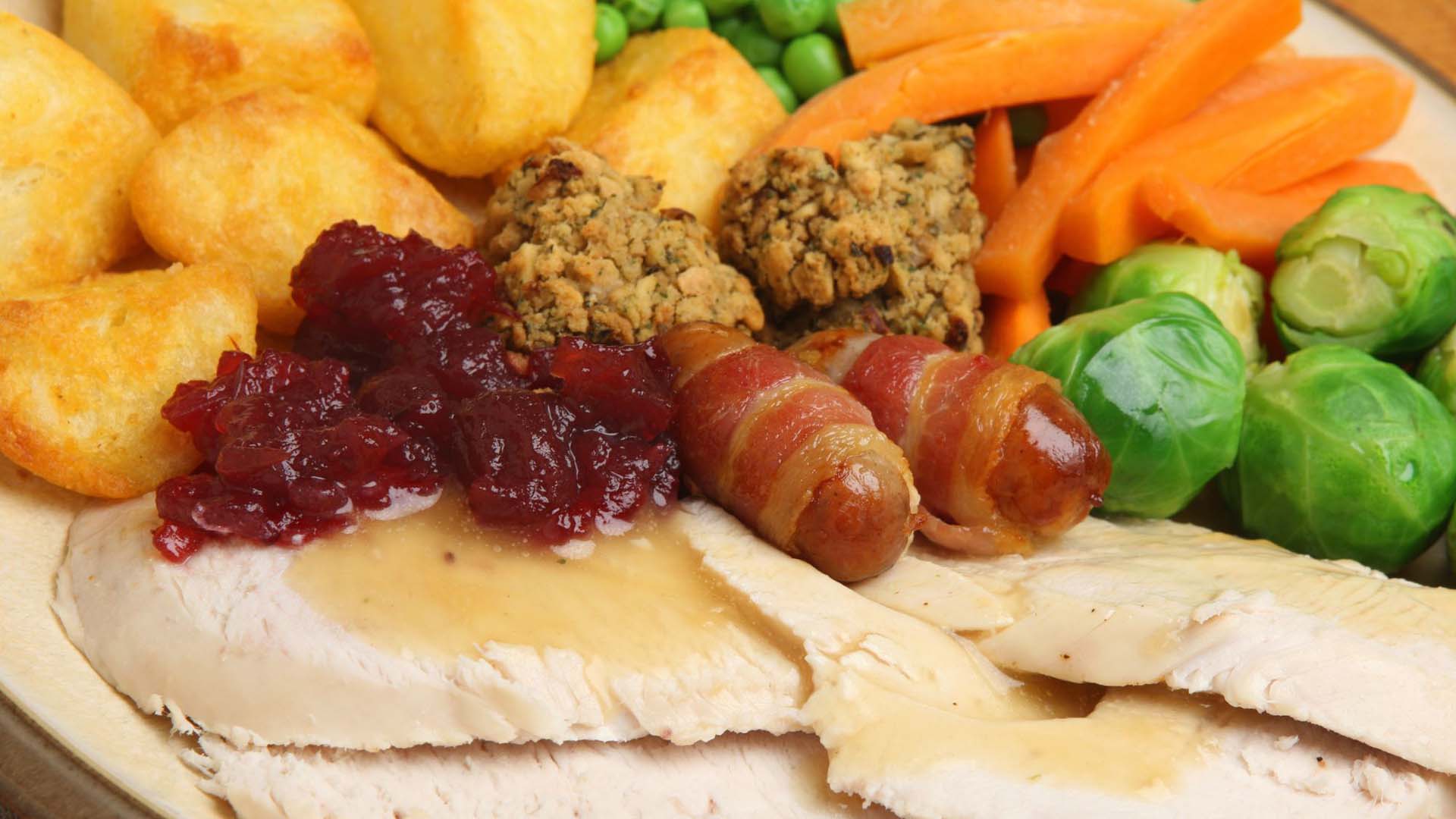Homes
Practical advice, real-life reviews and design inspiration to help you create the home you’ve always wanted.

Get your Christmas table ready: 7 decoration ideas for the festive season

Your must-buy festive fizz – our expert’s guide
Whether it’s prosecco, champagne or English bubbly, we’ve got the best fizz to add sparkle to your Christmas festivities.

11 Christmas decorating mistakes – and how to avoid them
If you want your home to look festive rather than frightful, we have the best advice on how to dodge decorative disasters.

How to avoid Christmas dinner mistakes by a top Saga cruise chef

What to buy in Aldi for your Christmas food shop
We’ve tasted all the Yuletide treats that Aldi has to offer – these are our must-haves for your festive big shop.

Can you really cook Christmas dinner in an air fryer? We put it to the test
We challenged our expert to cook a festive feast in her air fryer. Here’s what she learned.

How to get your home ready for Christmas
As we count down to the big day, we've got the tips and tricks to get your home fit for the festivities.

How to avoid Christmas dinner mistakes by a top Saga cruise chef

What to buy in Aldi for your Christmas food shop
We’ve tasted all the Yuletide treats that Aldi has to offer – these are our must-haves for your festive big shop.

The 7 best last-minute presents for foodies
It’s not too late to put a smile on the faces of those who love cooking and eating with these delectable buys.

The best wines to drink with Christmas lunch
It’s the most important meal of the year, but what’s the perfect wine to accompany it? We have the answer.

Your must-buy festive fizz – our expert’s guide
Whether it’s prosecco, champagne or English bubbly, we’ve got the best fizz to add sparkle to your Christmas festivities.

Get your Christmas table ready: 7 decoration ideas for the festive season

Can you really cook Christmas dinner in an air fryer? We put it to the test
We challenged our expert to cook a festive feast in her air fryer. Here’s what she learned.

For a limited time, enjoy 3 issues of Saga Magazine for just £1. Receive the next 3 print editions delivered direct to your door, plus 3 months’ unlimited access to the Saga Magazine app—perfect for reading on the go.
Don’t miss your chance to experience award-winning content at an exceptional price.
Play our free daily puzzles
Beat the boredom and exercise your mind with our selection of free puzzles.



